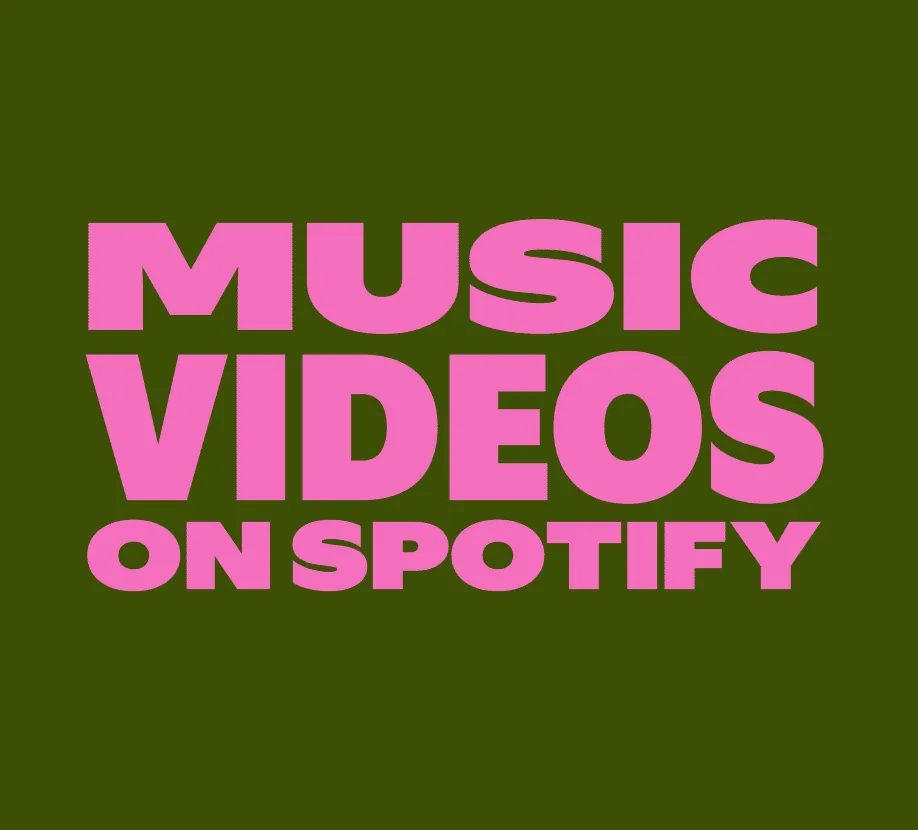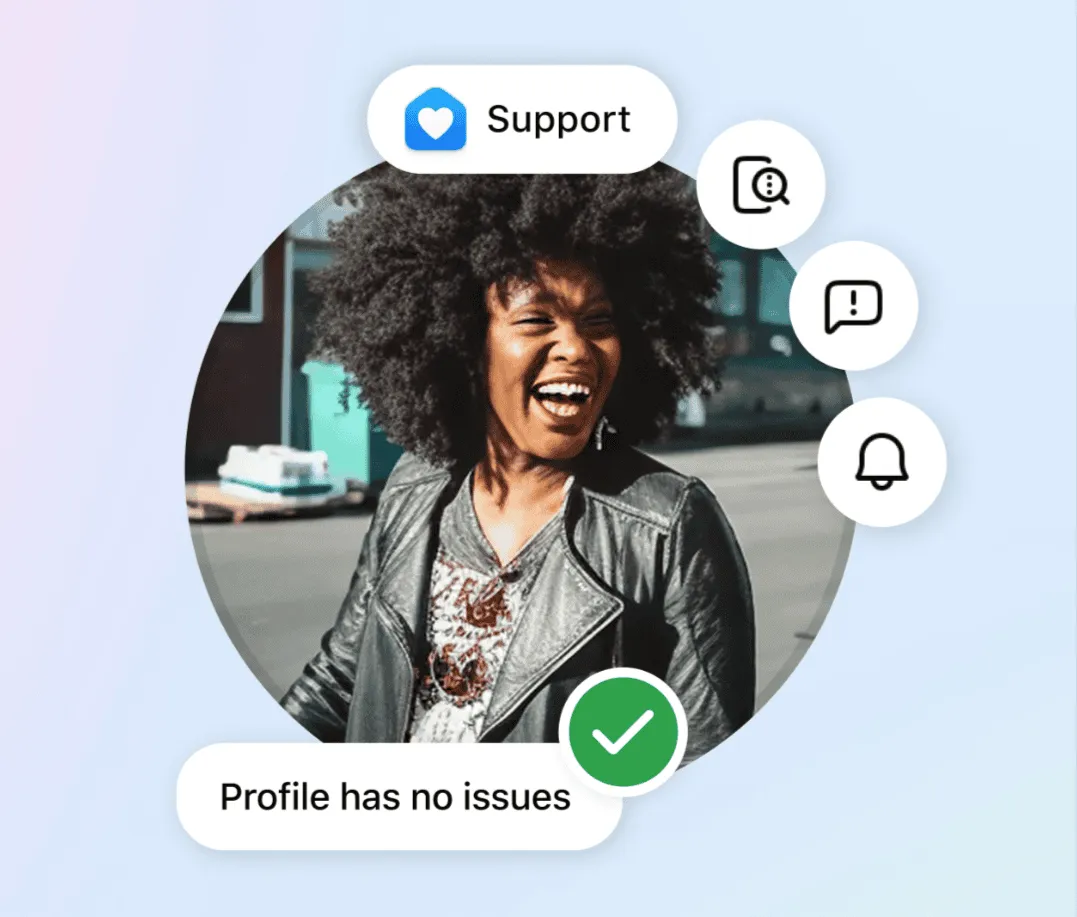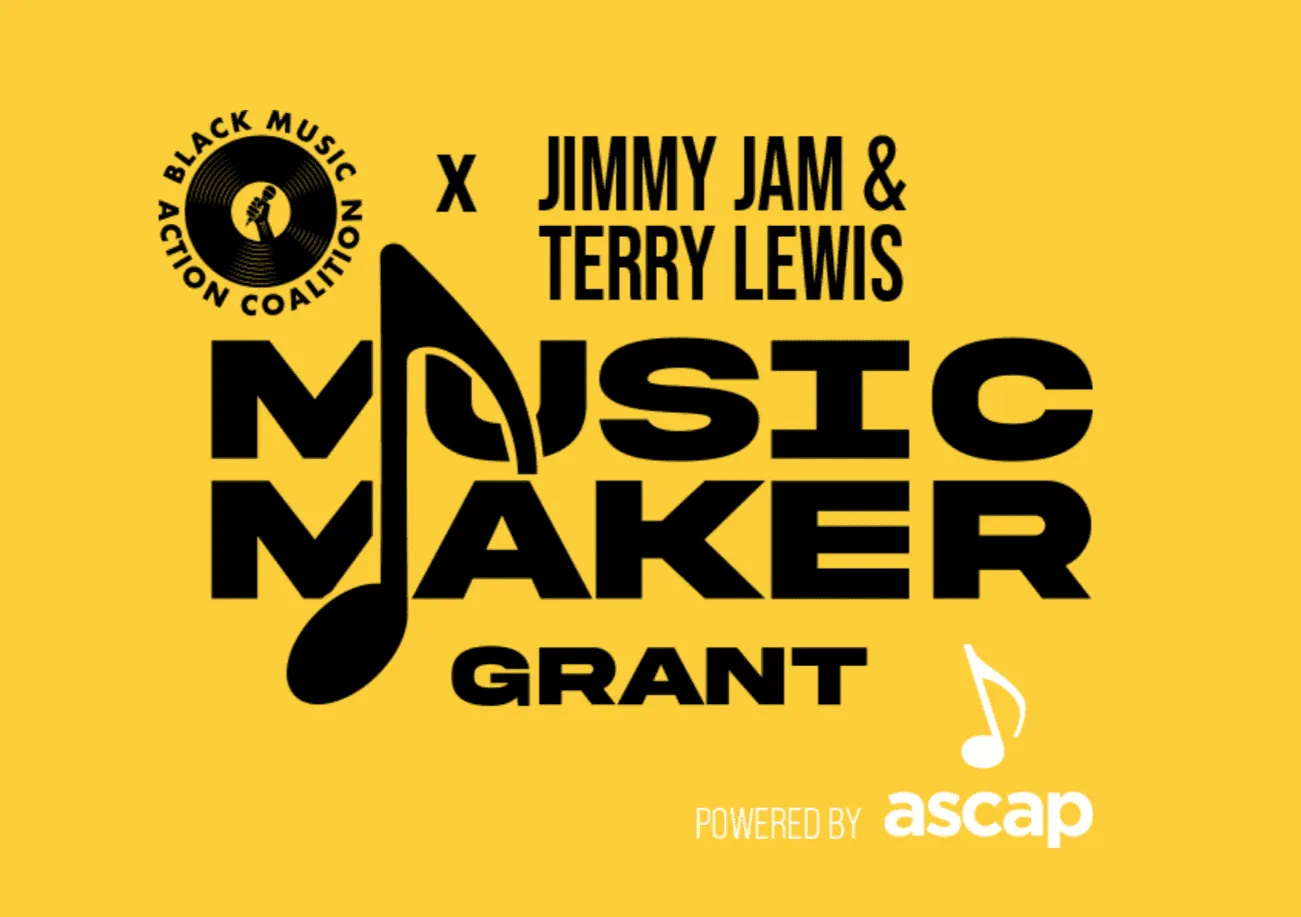This post is by Ryan Van Etten (@ryanve), Editor/Producer of VirtualMusic.tv.
Tom Silverman has made his entire career in the music industry. Circa the early 80s he founded Dance Music Report, the New Music Seminar (NMS) and Tommy Boy Records, now Tommy Boy Entertainment, whose roster includes hip hop staples De La Soul, Naughty by Nature, House of Pain, and more. WE+PR, the public relations team who works with NMS, set up a phone interview for me with Silverman, who had tons to say about the music industry. Stream the full interview—all 55min—by pressing the play button to the below—or on Bandcamp.
Our interview took place on January 20, 2011. Later that night he would fly to France to attend MIDEM and I would drive with my dad to Philadelphia—fearless of impending snow—to see my cousin Sharon headline at Johnny Brenda's. On the phone that afternoon, Silverman told me about some of his early experiences with Tommy Boy Records, thoughts on the current state of the industry, and about the then upcoming New Music Seminar in Los Angeles—NMS LA 2011 took place last week (February 14–16).
If you remember I'd attended NMS NYC 2010 last summer and had heard Silverman speak to the summer crowd inside Webster Hall. I can tell you he is extremely passionate about what's right and wrong in the music industry, which you'll be able to hear yourself as our conversation heats up through the interview. Below I've transcribed a few select moments.
08:00 Silverman: We aren't selling records—we're selling perception. The perceived value of music is 100 percent arbitrary.
09:30 Silverman: He [Steve Jobs] has to work with a gigantic lead time and drop new products every 3–6 months like we drop albums. We haven't thought about the obsolescence of music [in the way that Jobs thinks about Apple's product lifecycles].
15:45 Silverman: [On iTunes] every time somebody coverts from buying songs to buying an album [Soundscan] deducts it from buying singles. It acts almost as if those singles hadn't been bought. So if I bought two singles from an artist last year and then I bought the album this year, then that artist gets minus two singles. So that's also had an impact. In 18 percent of iTunes sales, album sales are 'complete my album' sales, and with some artists it's a lot more than that. So every time somebody completes an album it's a minimun of one song, but most usually it's two songs that are minused out. That's had a major impact in turning song sales backwards, not because less songs are selling, but because single songs are being coverted into albums and then being deducted from singles.
16:45 Silverman: What's happening right now is catalog sales are dropping off in singles and they're slowing down substantially in albums (digital albums) because people have already rebought their collections in MP3 form—in digital form.
25:05 RVE: If you're going to advertise anywhere I don't know why you would do it anywhere besides Facebook—because of the way you can target stuff. […] Say you're in a rock band in New York City. You could target an ad on Facebook to people that like the Smashing Pumpkins that live in New York City that are between the age of 20–25. […] I wouldn't advise anyone to buy ads on Google. I know Google makes all this money from ads but I never click on them—I have clicked on Facebook ads.
34:10 RVE: I was reading about [Pablo Picaso] on Wikipedia and there's so many things that correlate to the music industry. […] They said the total number of artworks he produced is estimated at 50,000 which is a lot of pieces of [art] but he didn't sell most of them. He had most of them in his possession when he died. He only sold the ones that he needed to sell to make money. The rest of them he kept because…I guess he just wanted to keep them or was just to busy making art. He wasn't really concerned with it. I wonder if today if he'd be like taking pictures of it and uploading pictures of it to Flickr…or you know? Also they said that his art has been stolen more than any other artist in the world. […] He's pretty much referred to as the most famous artist.

35:35 Silverman: There's influential art and there's popular art. Just because it's popular it doesnn't necessarily mean that it's important but it does mean something. Margaret Mead, the famous cultural anthropologist, said "never doubt that a small group of thoughtful committed citizens can change the world—indeed it is the only thing that ever has." The point is it's always a small group of people that make all the change. […] Kind of like Kool Herc, Afrika Bambaataa, and Grandmaster Flash all in the Bronx doing hip hop and nobody else in the world was doing hip hop—it changed the whole world really but it came from a 5-mile radius.
36:45 RVE: People would probably want me to ask about what you said in the Wired interview last year about most albums being just "noise" from "hobbyists" that clutters the marketplace. I mean I think that came across as kind of like a negative outlook to a lot of people, but I was thinking, aren't really—I mean a hobbyist is really someone that just does something for pleasure. I think it has sort of a negative connotation […] but aren't the hobbyists the ones really driving musical innovation, or don't you think they're playing a big part in that?
37:30 Silverman: It doesn't seem like they are. I always believed that they would be but it doesn't seem like they are. Why isn't any of that stuff breaking through? I mean if it's that fantastic, it's findable, everything findable, somebody's got to discover it, and the word needs to spread. Why isn't all this fantastic, creative, amazing art coming out musically through the web where everything is available accoding to the long-tail theory.
38:00 RVE: You want to think the cream will rise to the top.
38:03 Silverman: And it's not happening. In fact not only is it not happening, it happened more before there was an internet than it's happening now. I can tell you when Afrika Bambaataa came out with "Planet Rock" it rose to the top and I had only one or two employees working with me and we ended up selling 600,000 twelve inches. The cream rose to the top better then than it does now.
39:00 RVE: People like choices. Me, I don't want to hear something that's like everything else. I want to find [music] that's different, the stuff that's cutting-edge, and the stuff that's changing. I mean there's so many like generic…I mean there's a lot stuff that just sounds generic. When you find something that's really unique, really good, then it's awesome. The more people you have making music the more likely that's going to happen.
39:40 Silverman: Definitely there's five times as many people making music now than there was 10 years ago. There should be five times as many great pieces of music coming through than ever. But the opposite is true. […] In 2008 there were 1,500 releases that sold over 10,000 units. In 2009 that number dropped to 1,300. In 2008 there were about 200 artists who broke 10,000 for the first time. Less than eight of them were DIY artists that broke on their own or on very small indie labels. [… ] Eight artists breaking on brand-new or on their own labels is pathetic!
41:50 Silverman: Using samples, moving around samples, and working with Garage Band is kind of like the musical equivalent of color by numbers. […] You don't have to be able to play an instrument really. You don't have to be an amazing engineer. You don't have to go into a studio and know how mic's work. Anyone can do it. It's a two-edged sword. On one edge it gives power to the people and on the other edge it gives power to the people who have no abilities.
42:50 RVE: I'd rather have a world where anyone can make music. […] I think stuff gets filtered by people's friends. I think people say "hey did you listen to this?" I think that's still going on but I think it's going on Facebook and in text messages—I think it's still going on in person too but it's also happening on Facebook […] because it's easy to share stuff. I think the stuff that's getting shared more is the stuff that has more readily available in a "content" format.

48:25 RVE: Every TED video that gets recorded goes on YouTube and is available for free…why not do that for NMS?
48:35 Silverman: You know what if I could charge $5,000 like TED charges for people that come and have a waiting list then I'd put everything up there [on YouTube].
48:55 RVE: The way I see it though it doesn't cost you anything extra to put it on YouTube, right? Wouldn't it be free promotion?
49:02 Silverman: If we put it on YouTube and people see that then they don't have to come to the conference. Then it does cost me something because our numbers will go down even further and we won't be able to afford to do the conference.
49:17 RVE: The New York one [last summer] sold out, right?
49:20 Silverman: It sold out but it sold out at such a low price. […] It's a marginal business. Let's put it this way. Nobody makes money at the New Music Seminar.
52:50 RVE: I just feel like instead of listening to those baby-boomer generation executives I'd rather listen to their kids because I think that's where you're really going to learn stuff.
53:03 Silverman: I hear you but nobody's going to pay to hear their kids talk [at NMS].
// NMS NYC 2010 and NMS LA 2011 both sold out. I think unleashing all the keynotes on YouTube would increase attendance—do you? Who'd you like to see speak at the next NMS?




